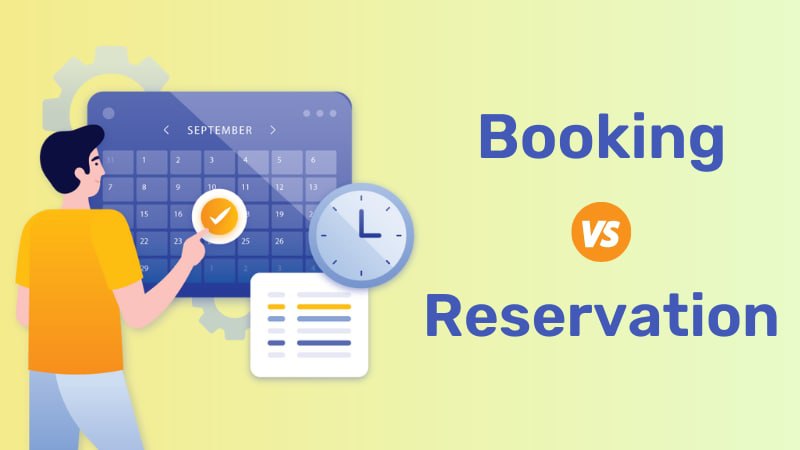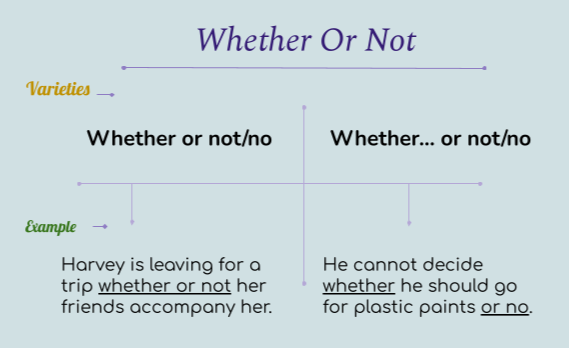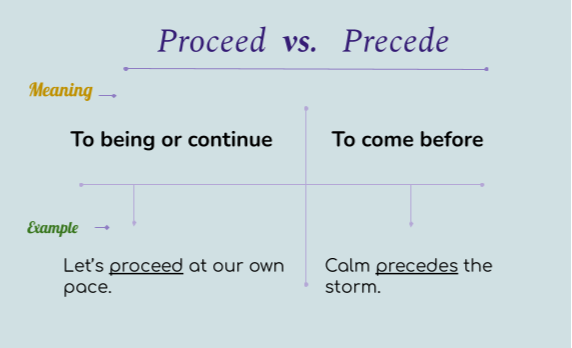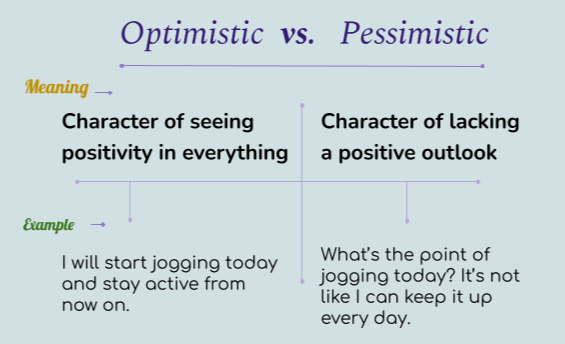Presume vs. Assume - Know the Difference

Presume and Assume are two verbs used to state suppositions in the English language. Though they seem to express the same/similar sense in a sentence, there are fine differences between them.
What is Presume?
When someone presumes something, they make a decision based on reasonable existing information and inconclusive evidence.
- The patient was presumed dead as soon as he arrived at the ER.
- Convicts are presumed guilty until proven innocent.
The presumptions above are based on the limited and inconclusive evidence. In the first one, is it the state of the patience just entering the emergency unit allows the nurses there to presume the patient is dead and in the second statement, convicts are always thought of as guilty as charged until he can be defended as innocent.
What is Assume?
Assumption is a wild guess which is based on little to no evidence. So when an individual assumes something, they do not necessarily have any basis or logic behind it.
- Pete just assumed she could take care of the kids but he should have asked first.
- She assumed that they were going to the park.
In the first statement, Pete made an assumption that someone was free or able to take care of his kinds but he did not ask to confirm. The subject in the second statement just assumed that they were going to the part but she didn’t ask to verify.
Presume vs. Assume: What’s the difference?
Though both the verbs express the same sense, presumptions are more reliable than assumption based on what they signify. Both imply suppositions but presume have more basis than assume which is the sole reason behind is being more reliable between the two.
The paramedic presumed she was dead right after the accident.
vs.
The bystanders assumed she was dead right after the accident.
The paramedic supposed she was dead after doing the basic checkups but the bystanders was just standing there so they took a guess by looking at the severity of the accident maybe which make there supposition less informed and relienable than that of the paramedics.
|
Factors |
Presume |
Assume |
|
Usage |
To express supposition |
To express supposition |
|
Based on |
Reasonable information and evidence |
Very little evidence or nothing |
|
Verb |
Verb |
|
|
Noun form |
Presumption |
Assumption |
|
Prefix |
Pre- |
Ad- |
|
Pronunciation (IPA) |
/prɪˈzjuːm/ |
/əˈsjuːm/ |
|
In Sentence |
Convicts are presumed guilty until proven innocent. |
She assumed they were going to the park. |
Practical Examples
Example 1: Law
In the court of law, presumption are proven with more concrete evidences during case trials before the convict is proven guilty or innocent. When a case is filed, the individual subject to it is assumed guilty of the filed charges, the account of facts in the statement of the one who filed the charges turns this into a presumption and the evidences presented before the court proves the convict’s guilt or innocence.
Assume > Presume > Prove
Example 2: Science
A good example could be the scientific process of researching something. Assumption is similar to coming up with a research question before starting the data collection or literature review. Hypothesizing is the presumption stage since hypotheses are based on the bits of evidence or prior researches available at hand gathered through literature review. The research paper or hours at the laboratory is used to try and prove the presumption to reach a conclusion that establishes a fact or theory.
Research Question (Assumption) > Hypothesis (Presumption) > Proven Theory (Proof)
Grammar
Read More
- How to Use "Therefore" in Sentences Avoiding Common Mistakes
- How to Use "Whereas" with Examples and Avoid Common Mistakes
- When and How to Use "Thus" Correctly Without Common Mistakes
- How to Use "On the Contrary" Properly with Meaning and Examples
- When and How to Use "Either/Or" with Examples and Common Mistakes to Avoid
- How to Use "On the Other Hand" Effectively without Mistakes
- How to Use "Respectively" with Example and Common Errors to Avoid
- How and When to Use "Moreover" Without Mistakes
- How to Use "Likewise" in Sentences Based on Context & When not to Use
- When & How to Use "Although" in Sentences to Avoid Mistake




